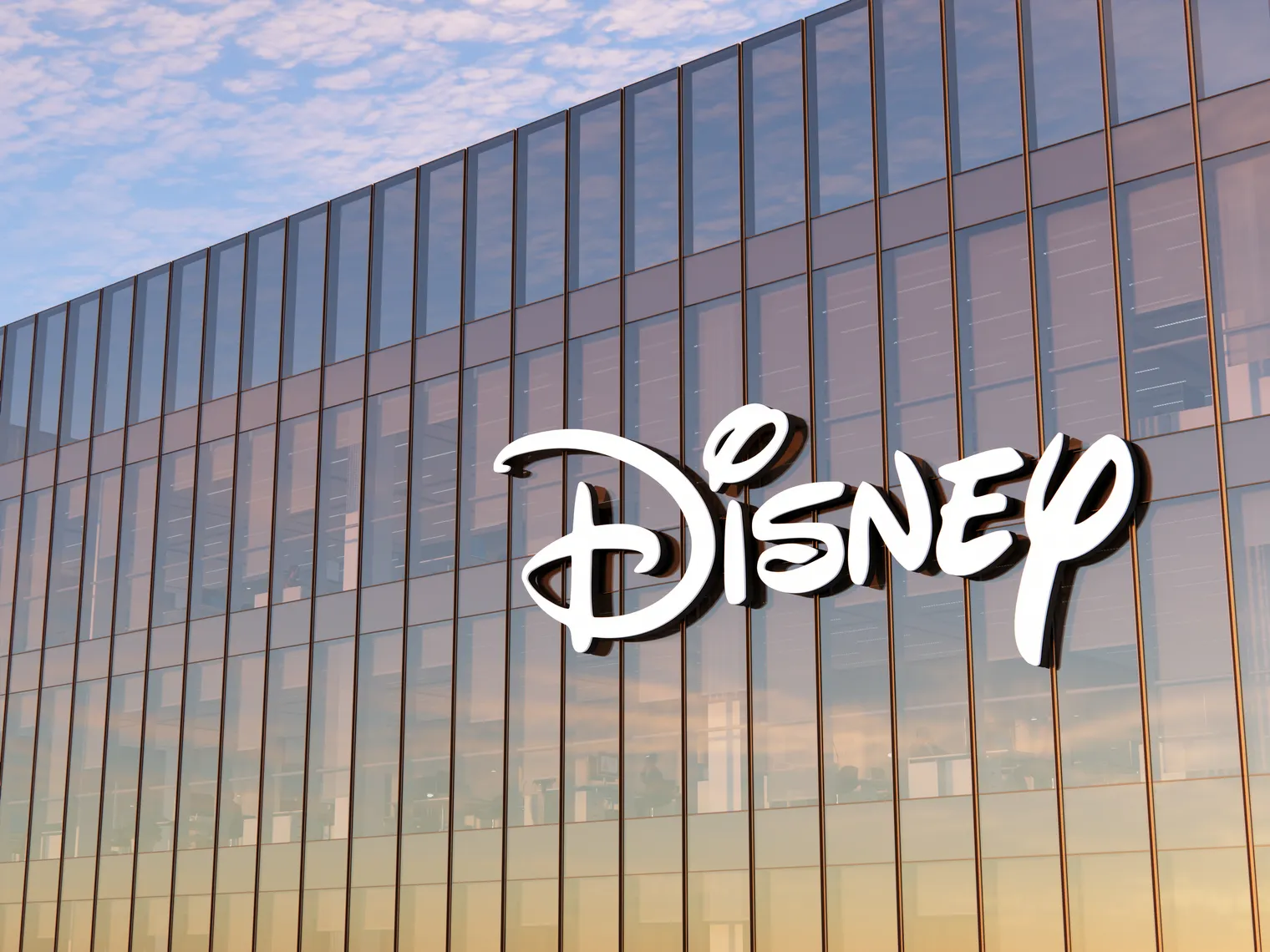Disney shareholders: who owns the most Disney (DIS) stock?
Disney is one of the most widely held companies in the global entertainment industry, with ownership distributed among major institutional investors, individual shareholders and company insiders.
Who owns the largest share of The Walt Disney Company? Read on to find out who holds the most stock in the global entertainment group.
As of November 2025, The Walt Disney Company (DIS) has a market capitalisation of around $204.98bn. The company remains one of the most recognisable names in global media and entertainment, although its share price performance has fluctuated in recent years as streaming competition and consumer preferences continue to evolve.
What is Disney?
Disney (DIS) is an entertainment and media company that owns and operates theme parks, resorts and hotels, and produces films and television content. It also owns streaming platforms including Disney+, Hulu and ESPN+.
Founded in 1923 as the Disney Brothers Cartoon Studio by Walter and Roy Disney, the company has grown into one of the world’s most valuable entertainment brands.
In 2024, Disney reported revenue of about $91.36bn and employed more than 190,000 people worldwide.
Bob Iger currently serves as Chief Executive Officer, while James P. Gorman became Chair of the Board in January 2025.
Past performance is not a reliable indicator of future results.
Who are the shareholders of Disney?
According to the company’s most recent US Securities and Exchange Commission (SEC) filings, Disney has around 1.8bn shares outstanding.
Its shareholder base includes institutional investors, individual (retail) holders and company insiders. Each ordinary share carries voting rights proportional to the number of shares held.
Institutional investors hold about 65.7% of total shares, while retail and smaller investors account for roughly 34.3%. Insiders and directors collectively own less than 1%.
In most cases, individual investors who hold Disney stock through a broker appoint that broker as their proxy, allowing the broker to vote on their behalf. Alternatively, investors can vote directly on company matters at shareholder meetings.
Top institutional disney shareholders 2025
| Rank | Shareholder | Shares held | % of company |
|---|---|---|---|
| 1 | Vanguard Group | 157,501,484 | 8.76% |
| 2 | BlackRock Inc. | 127,848,236 | 7.11% |
| 3 | State Street | 79,643,043 | 4.43% |
| 4 | JPMorgan Chase | 43,887,682 | 2.44% |
| 5 | Geode Capital Management | 39,992,231 | 2.22% |
Source: Investing.com, 11 November 2025
Together, these firms hold over 25% of Disney’s total shares outstanding, giving them significant influence over corporate decisions.
Disney: major insider shareholders
The following individuals are among Disney’s current top insiders and board members:
- Robert A. Iger – Chief Executive Officer
- James P. Gorman – Chair of the Board
- Maria Elena Lagomasino – Board Member
- Mark Parker – Board Member
- Mary Barra – Board Member
Each holds less than 0.001% of total shares, reflecting the company’s broad institutional ownership and limited insider participation.
Former executives such as Susan E. Arnold and Christine M. McCarthy are no longer in their previous roles.
The bottom line
Understanding who owns the most Disney stock provides context on how corporate decisions may be shaped, particularly given the strong role of institutional investors.
However, ownership data alone should not guide investment or trading decisions. Whether to buy, hold or sell Disney shares depends on individual objectives, risk tolerance and portfolio strategy.
Create an account Open a demo account
FAQ
Who is the current CEO and chair of Disney?
As of 2025, Robert A. Iger serves as Chief Executive Officer, having returned to the role in late 2022. James P. Gorman became Chair of the Board in January 2025, succeeding Susan E. Arnold.
How many Disney shares are there?
As of late 2025, The Walt Disney Company has around 1.8 billion shares outstanding. This figure includes both common stock and shares issued through employee and executive compensation programmes.
How many shareholders does Disney have?
Disney’s most recent filings with the US Securities and Exchange Commission (SEC) indicate that there are approximately 800,000 registered shareholders as of 2025. Most retail investors hold their shares indirectly through brokers or custodians rather than in their own name.
How can I trade Disney CFDs?
You can trade Disney CFDs on platforms such as Capital.com by speculating on the company’s share price movements without owning the underlying stock. This means you can go long if you expect the price to rise, or short if you believe it will fall. Trading CFDs allows access to leverage, but it also increases potential losses as well as gains. Make sure you understand how CFDs work and assess whether they’re suitable for you before trading.